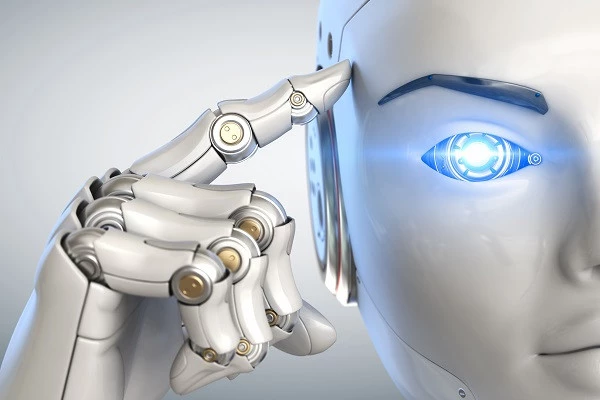How NBC Universal Is Digitally Transforming With AI And RPA
Lesson Learned From This Process
Add bookmark
There are many tools and technologies leveraged throughout digital transformation. Artificial intelligence (AI) and robotic process automation (RPA) are among the solutions that enable an enterprise to streamline critical business processes.
NBC Universal turned to AI and RPA as a means to support the business. This included having an empowering and high-performing team focused on creating value for customers and partners through effective and disciplined delivery.
During the April 2019 Digital Transformation Online Summit, Paul Bryanhill (Digital Transformation Vice President – Finance Operations, NBC Universal) delivered a presentation about how the organization digitally transformed end to end with AI and RPA. This serves a great case study about the best practices for integrating these new solutions.
Bryanhill is a shared services professional with a wealth of experience from working across multiple sectors and disciplines for the past 20 years in SSC and GBS environments. He has driven transformation which has led to significant savings and more importantly an improved value added service to the businesses he has worked for.
Initial Challenges
Upon on embarking on the company’s digital transformation, Bryanhill shared some of the problems that were holding the organization back. Previously, the expectations were not realistic with the solutions. There was a lack of flexibility in the systems, and an abundance of data. There were even too many data fields to fill in within the software.
Historically, technology in the workplace has exceeded consumer technology. In recent year, enterprises have fallen behind in this regard, and it’s a trend that Bryanhill has noticed.
“Now I’m seeing that technology is a lot better at home than it is at work,” said Bryanhill.
On The Digital Journey
To upgrade its digital capabilities, NBC Universal incorporated RPA solutions. Companies across numerous sectors are also leveraging this technology, with the RPA market tripling by 2025. The big driver behind the growth of RPA is AI and software robots.
NBC Universal’s digital journey officially started at the end of 2016 with the desire to establish an internal team behind automation, and create an innovation lab. The RPA project grew in 2017, with the completion of a proof of concept and center of excellence in the first quarter. Later in this year, the concept was pitched to C-Suite in order to secure the resources for it. By the end of the year, the team started to develop the center of excellence, add governance, and start the RPA process. In 2018, IT gave its approval, and 20 bots went live.
As more bots were added, the organization relied on business process outsourcing (BPO), which involves subcontracting business-related operations to third-party vendors.
Lessons Learned
Looking back at the start of its RPA journey, Bryanhill concluded that there were several key takeaways that other organizations should follow. This includes having a clear vision, a road map, and a proof of concept before leveraging this technology. Communication across the enterprise is critical, especially with IT. Enterprises should also consider scalability, and developing an infrastructure that can be used in case the robots fail. It is also important to be customer centric with this process.
“If you’re going to make this a success, you need to see it from the customer’s perspective,” said Bryanhill.
Want to learn more about how NBC Universal digitally transformed with RPA and AI? Click here to watch the entire session on-demand from the Digital Transformation Online Summit.













